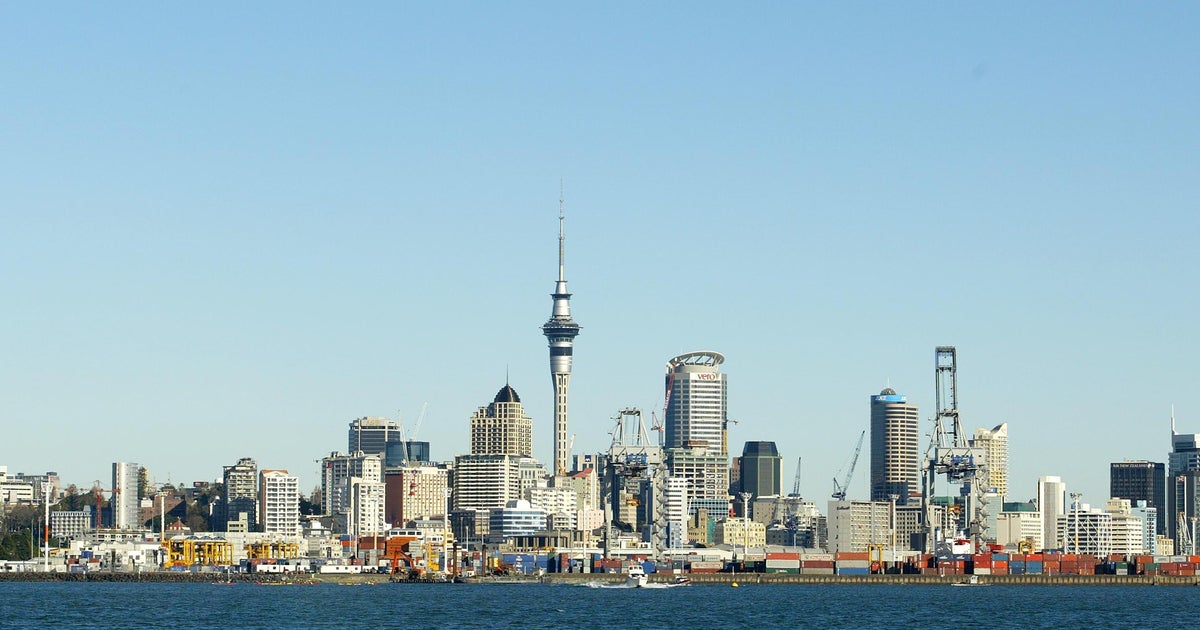New Zealand Tightens Skilled Worker Visa Rules Amid 'Unsustainable' Influx
This move signals a global trend among developed nations to recalibrate post-pandemic immigration policies, impacting international talent mobility and employer strategies.

Subscribe to our newsletter and stay informed about latest H1B news, policy updates and and other developments.
Article Summary
New Zealand has introduced stricter rules for its Accredited Employer Work Visa (AEWV) program, citing an 'unsustainable' influx of migrants and a need to reduce exploitation. Changes include new English language and skills requirements, reduced maximum stays for low-skilled roles, and increased employer obligations to prioritize local workers. These adjustments aim to balance skill shortages with local employment and are described as a return to pre-pandemic settings.
Original Article: cbsnews.com
[ Sentiment: negative | Tone: factual ]
This summary and analysis were generated by TheNewsPublisher's editorial AI. This content is for informational purposes only; it does not constitute legal or immigration advice.
[ Sentiment: negative | Tone: factual ]
This summary and analysis were generated by TheNewsPublisher's editorial AI. This content is for informational purposes only; it does not constitute legal or immigration advice.
TNP AI: Key Insights
This policy shift in New Zealand is significant for H1B.news readers as it reflects a broader global trend where countries, after initially opening borders post-pandemic to address labor shortages, are now re-evaluating immigration levels. For skilled professionals globally, this means potential shifts in preferred destinations as countries like New Zealand make their temporary work visa programs more restrictive, particularly for lower-skilled roles.
While the AEWV was initially designed to fill post-COVID workforce gaps, these changes represent a return to more stringent, pre-pandemic settings, emphasizing local worker prioritization and higher entry barriers. This contrasts with the initial post-pandemic push for skilled migration and could prompt other nations like Australia or Canada, which also saw high immigration numbers, to consider similar adjustments, potentially intensifying competition for highly skilled talent.




